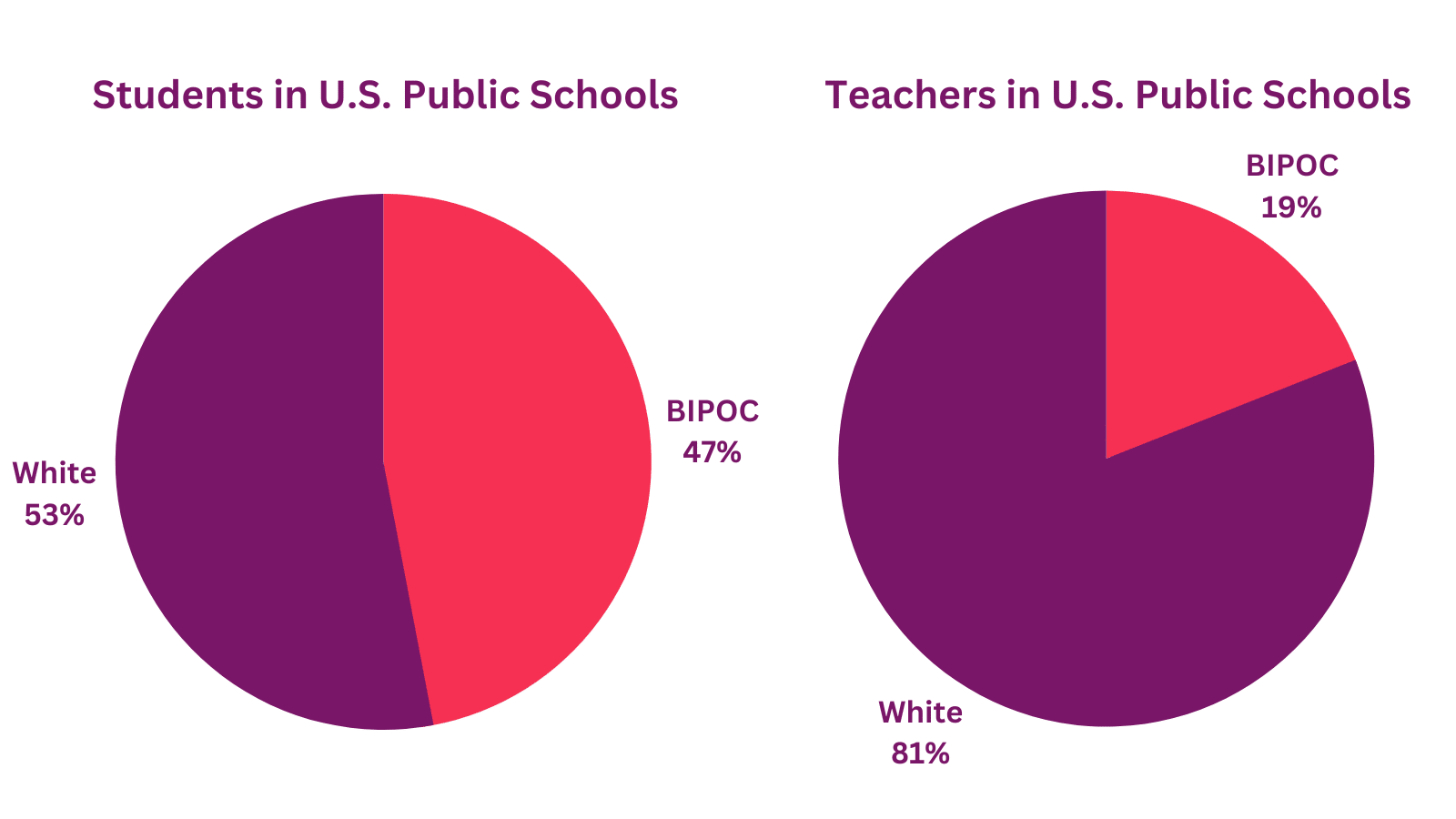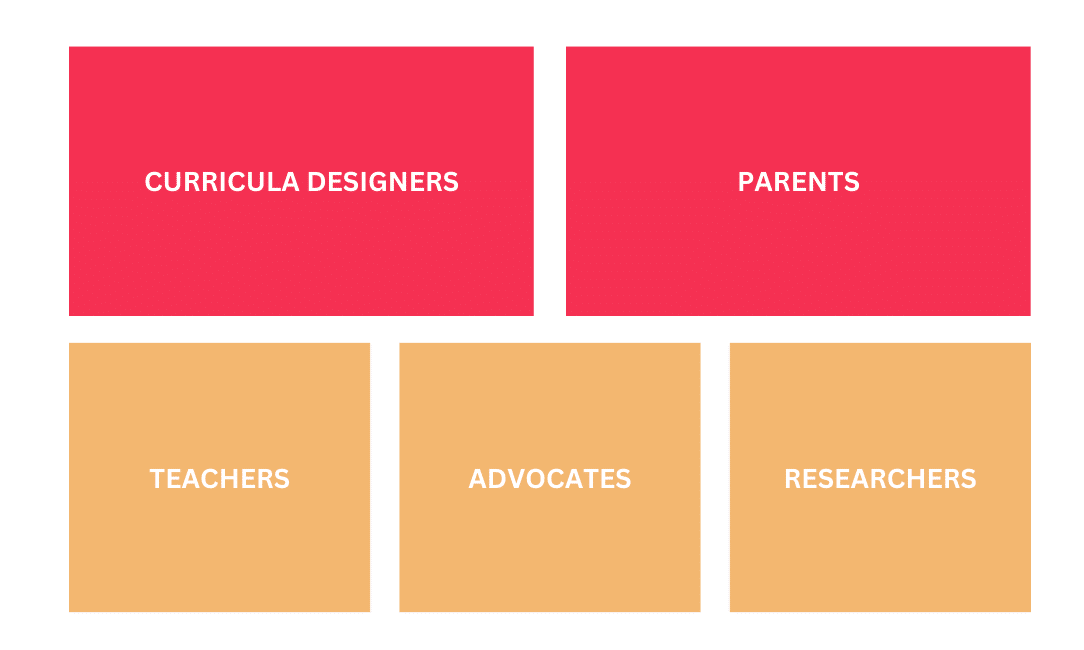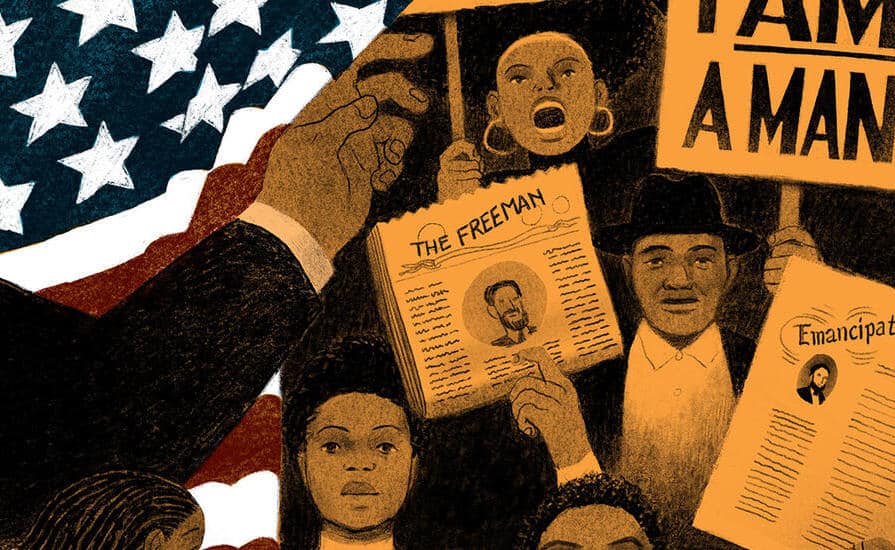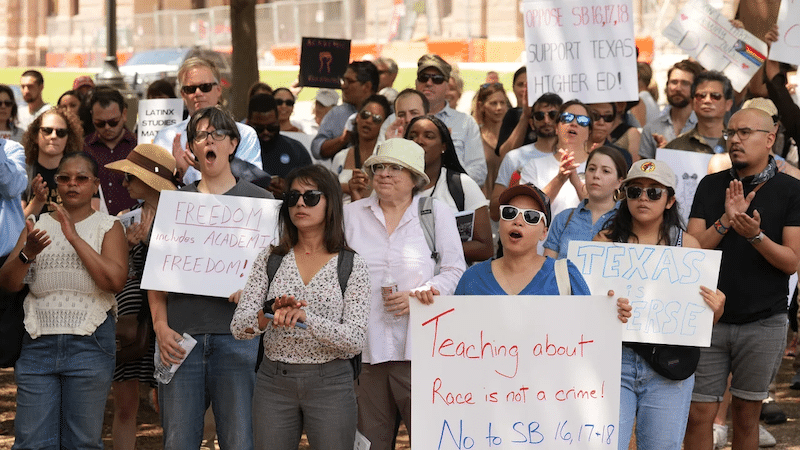
Bias Education
The Bias Ed Project seeks to inspire parents, teachers, and school leaders to disrupt racism, sexism, xenophobia, and other pernicious and harmful biases in early childhood education and curricula.
Beginning in 2023, IARA will conduct research to elucidate the most effective, safe, and productive approaches to inoculate children against longstanding and enduring social viruses in the classroom. The proposed project will investigate key research questions such as:
1 — What current national and local efforts are effectively teaching children of every age about racial identity and bias? How and why are they effective?
2 — Which models could be developed and scaled for a national standardized program for US schools?
The Bias Ed Project is about building healthier and more caring young people who become more generous, compassionate, and empathetic adults. Its approach and methodology will be similar to, for example, sex education programs that are taught in every school, for every child, in an age appropriate way.
Subscribe to IARA’s newsletter for updates as this project develops.
Meet the researchers

Khalil Gibran Muhammand
Director
Institutional Antiracism and Accountability Project

Erica Licht
Research Project Director
Institutional Antiracism and Accountability Project
Why is Bias Ed needed?

Out of the 49.5 million students attending Pre-K – Grade 12 in U.S. public schools, approx. 47% are Black, Indigenous, and/or students of color.
Yet, of the 3.5 million full and part-time U.S. public school teachers, only 19% are Black, Indigenous, and/or teachers of color.
Next to the disproportionate lack of BIPOC teachers in public schools, educator preparation programs addressing racism — which were already insufficient — are now facing widespread restrictions.
Who can influence Bias Ed?

In the U.S. and internationally, a growing number of organizations and individuals are working to disrupt biases in early childhood education. These can be organized in five categories: curricula designers/implementers, parents, teachers, advocates, and researchers.
Each stakeholder shapes the path to Bias Ed. Researchers and curricula designers support the development of comprehensive research-based curricula; advocates organize for its inclusion (and increasingly, against its exclusion) in policy and legislation; and teachers and parents implement it in education spaces.
IARA resources on bias in education

A call for anti-bias education
SEPTEMBER, 2023
Anti-bias education is crucial for children of all ages. Identity-based biases lead to everyday forms of peer-to-peer harm. Sometimes the harm is verbal, sometimes physical, but always it is just the beginning for the ways young people practice how bias works in the real world. We need to help them understand that bias is a product of history, the legacies and ongoing ways that power shapes identities—who counts and who doesn’t.
Written by IARA Director Professor Khalil Gibran Muhammad and IARA Research Project Director Erica Licht

How to fight back against the ‘anti-woke’ movement
MAY 12, 2023
Americans are losing the freedom to learn, in an era of book bans, restricted curricula, targeted diversity programs, and other restrictive measures. “But for the first time, a national movement is beginning to defend the freedom to learn in the United States – and it gives me hope that we can reverse the discrimination and authoritarianism infiltrating our schools.” This May, thousands of people in nearly 30 states turned out on college campuses and in public libraries for the #FreedomtoLearn National Day of Action.
Written by IARA Director Professor Khalil Gibran Muhammad

Three little letters that have Florida’s Ron DeSantis on the attack
FEBRUARY 13, 2023
In January, Florida Gov. Ron DeSantis announced plans to ban the College Board’s Advanced Placement African American studies pilot course in his state, saying that the curriculum had a political agenda. The College Board has since revised the course amid a storm of controversy — and strong evidence that DeSantis’ administration had a direct influence on the decision to gut it. The outcome, sadly, has meant diminished national education standards for this vitally important coursework.
Written by IARA Director Professor Khalil Gibran Muhammad and IARA Research Project Director Erica Licht
Past Forward: The Legacy of Racism in Modern-Day America
JANUARY 20, 2023
This recorded edition of ParentEd Talks addresses the importance of teaching an honest history of the enduring legacy of anti-Black racism in the U.S. Discussing race, racism and accurate historical information in school reduces prejudice among students of all racial backgrounds — from kindergarten and beyond. Conversely, ignoring race and racism in education leads to increased prejudice.
Featuring IARA Director Professor Khalil Gibran Muhammad and Executive Director of The Who We Are Project Jeffery Robinson
Recent News
-
Reporting on DEI in higher education: 5 key takeaways from our webinar
Three researchers offered journalists tips and insights to help strengthen news coverage of college DEI efforts and legislators’ push to restrict or ban them.
-
Five books and a podcast on sports, patriotism, and racial justice
This reading list from the Institutional Antiracism and Accountability Project explores the intersection of sports and racial justice, in the lead-up to their panel on March 19.
-
The State of Black America
During a searching discussion at the Harvard Kennedy School (HKS) on the “State of Black America,” historian Khalil Gibran Muhammad opened with a trenchant warning: “We are facing uncharted waters.”

